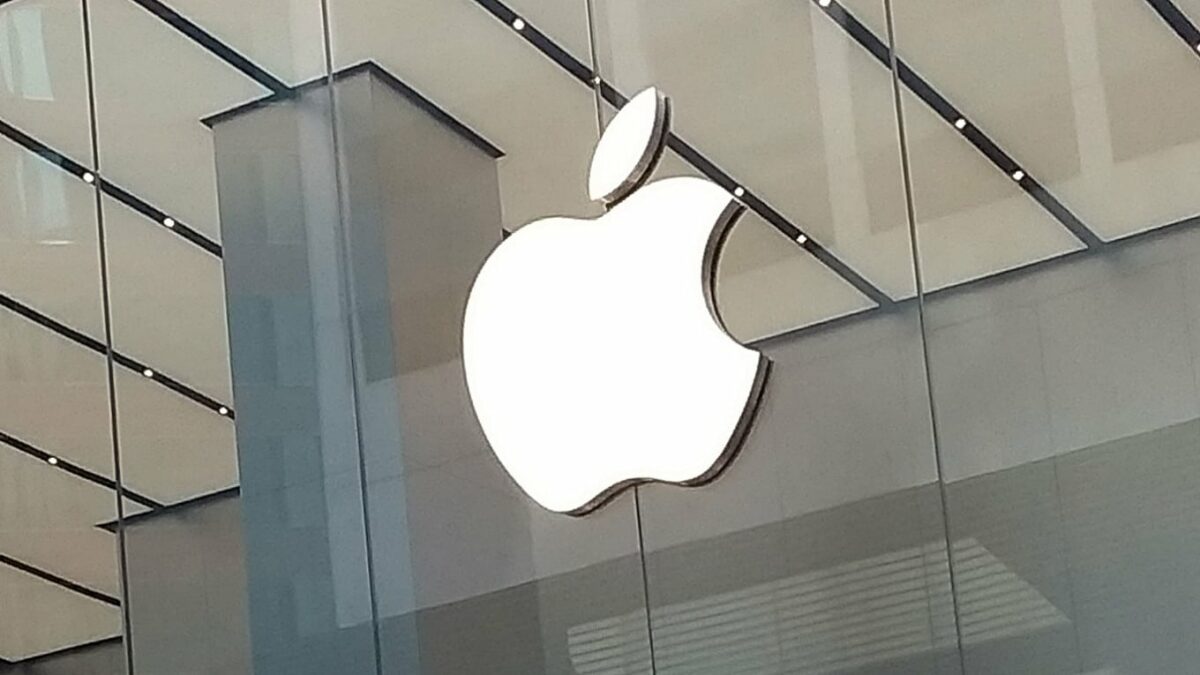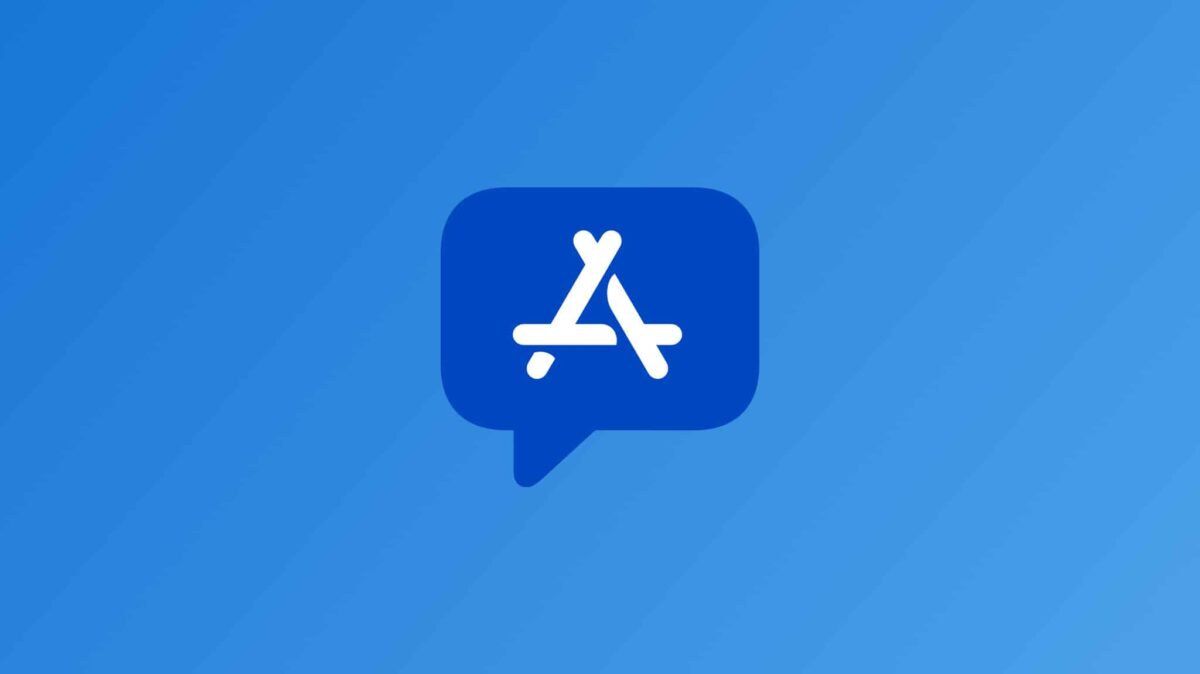Eu has enforced the Digital Markets Act (DMA) ahead of its implementation in Spring 2023 and shared rules for digital gatekeepers like Apple, Amazon, Google, and other tech giants.

Under the leadership of EU Commission EVP Margrethe Vestager, DMA was drafted in 2020 to keep a check on the growing influence of “gatekeepers” on the digital market, the new regulation is expected to put an end to their unfair and anticompetitive practices. In 2022, it was approved by the European Parliament and the Council and went into force today, November 1, 2022.
As per the rules of the new DMA, Apple might have to introduce major changes to the iOS ecosystem which the tech giant has been strongly against like sideloading, iMessage interoperability, and others.

Apple might have to allow sideloading on iOS by 2024
Although the new Act does not mention any company by name, it does set define which tech companies will be considered “gatekeepers” who will have to comply with the new rules. The EU’s press release defines any large online company as a “gatekeeper” that offer the following services:
Online intermediation services such as app stores, online search engines, social networking services, certain messaging services, video sharing platform services, virtual assistants, web browsers, cloud computing services, operating systems, online marketplaces, and advertising services.

Every gatekeeper’s size that impacts the internal market, control of an important gateway for business users towards final consumers, and its entrenched and durable position will determine if it comes under DMA’s scope.
Based on the listed criteria, Apple surely falls under DMA’s scope which will have to implement proposed changes on its digital platforms by March 2024 like not favoring its own services and more importantly, permitting sideloading on iOS.
When a gatekeeper engages in practices, such as favoring their own services or preventing business users of their services from reaching consumers, this can prevent competition, leading to less innovation, lower quality and higher prices.
When a gatekeeper engages in unfair practices, such as imposing unfair access conditions to their app store or preventing installation of applications from other sources, consumers are likely to pay more or are effectively deprived of the benefits that alternative services might have brought.
Read More:
- Apple writes to Senate Judiciary Committee to debunk expert’s opinion calling its sideloading concerns “unfounded”
- Making iMessage and other platforms interoperable will face privacy and safety issues, say security experts
- “Moving iMessage to Android will hurt us more than help us” internal Apple emails reveal executive’s decision